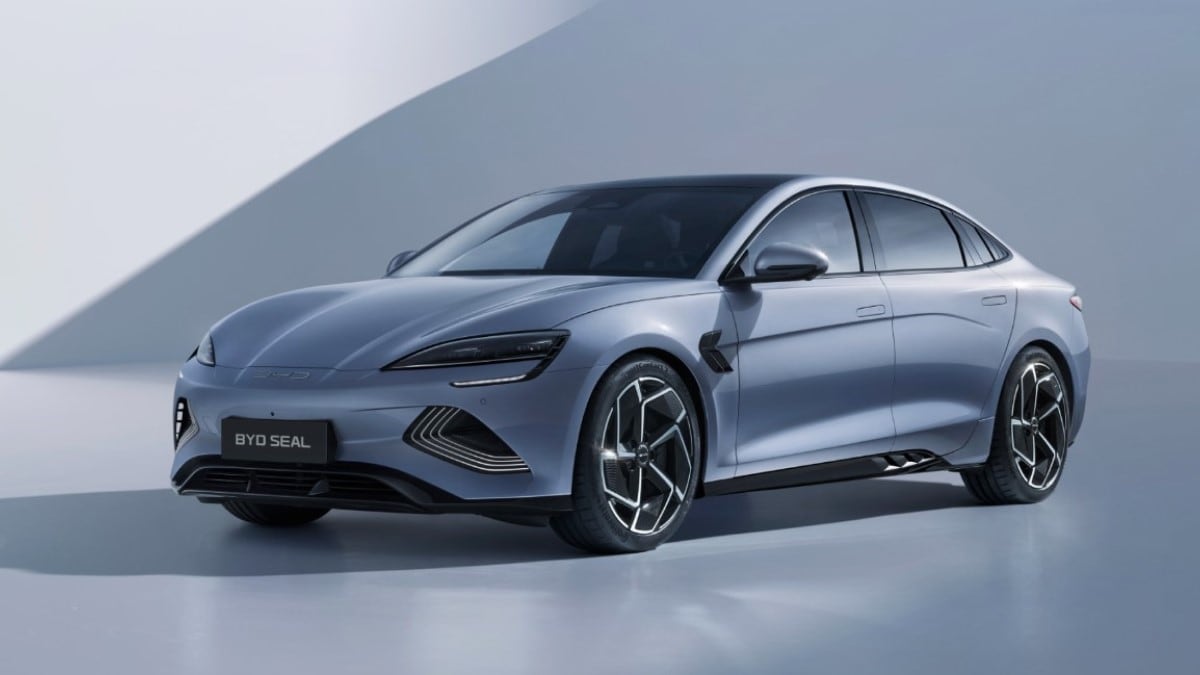China has almost certainly overtaken Japan to become the world’s top exporter of cars.
China is already the world’s largest car market. Reuters reports that the Chinese bought 21.93 million cars in 2023. Kelley Blue Book parent company Cox Automotive estimates that Americans bought about 15.6 million.
But China’s automakers are increasingly supplying cars to the rest of the world. Citing numbers from the China Passenger Car Association, Reuters reports, “China’s total auto exports were estimated to hit 5.26 million units for the whole of last year valued at about $102 billion.” The association projects that Japan, the prior leader, exported about 4.3 million.
The news comes just days after China’s BYD overtook Tesla’s position as the world’s largest builder of electric vehicles (EVs).
Europe, Russia the Focus for Now
Russian buyers helped push Chinese cars over the top. The Wall Street Journal notes, “Chinese carmakers seized the void left in the country by the departure of Western carmakers following the war in Ukraine, selling at least five times as many vehicles there last year than the 160,000 it sold in 2022.”
But Chinese automakers are looking to the rest of Europe, too. CNN reports that BYD aims to “double [its] number of dealer partners in Europe in 2023.”
But Mexico Growing, and U.S. Possible
None of China’s automakers sell cars under their own names in America. China’s Geely Holding Group owns Volvo. Some U.S.-based automakers build cars there – the Lincoln Nautilus and Buick Envision are both imported to the U.S. from China.
But Chinese-badged cars could enter the American market in future years. Several Chinese automakers have built factories in Mexico. Chinese cars now outsell American cars south of the U.S. border.
Related: Chinese Electric Vehicles are Coming, And They May Be Cheap
American Tax Credit Program Works Against Chinese Automakers
The Inflation Reduction Act’s EV tax credit rules encourage car companies to avoid using Chinese-built batteries and China-derived minerals. Cars lose eligibility for the tax credits if too much of their construction happens outside North America. Their builders must also use a constantly escalating percentage of minerals sourced from the U.S. or certain trade partners.
But incentives that lower the price of domestically built cars can only help so much – Chinese-made EVs are already drastically less expensive.
That fact has led some observers to argue that the U.S. could slow its contribution to climate change by embracing inexpensive Chinese EVs.








